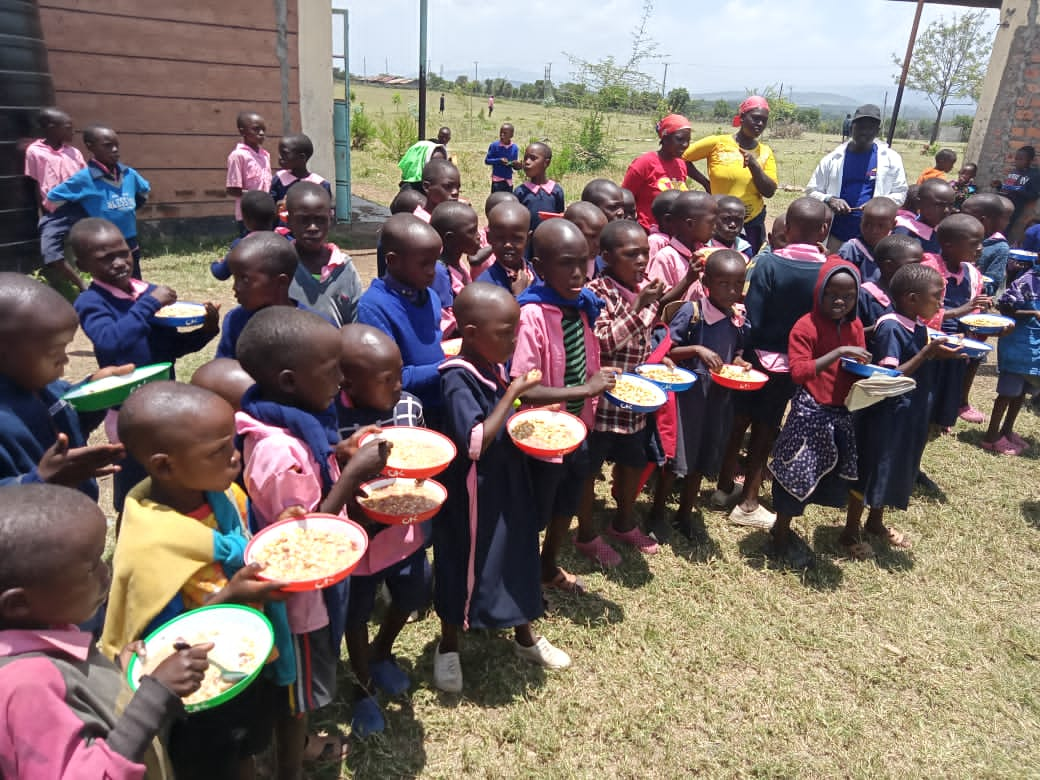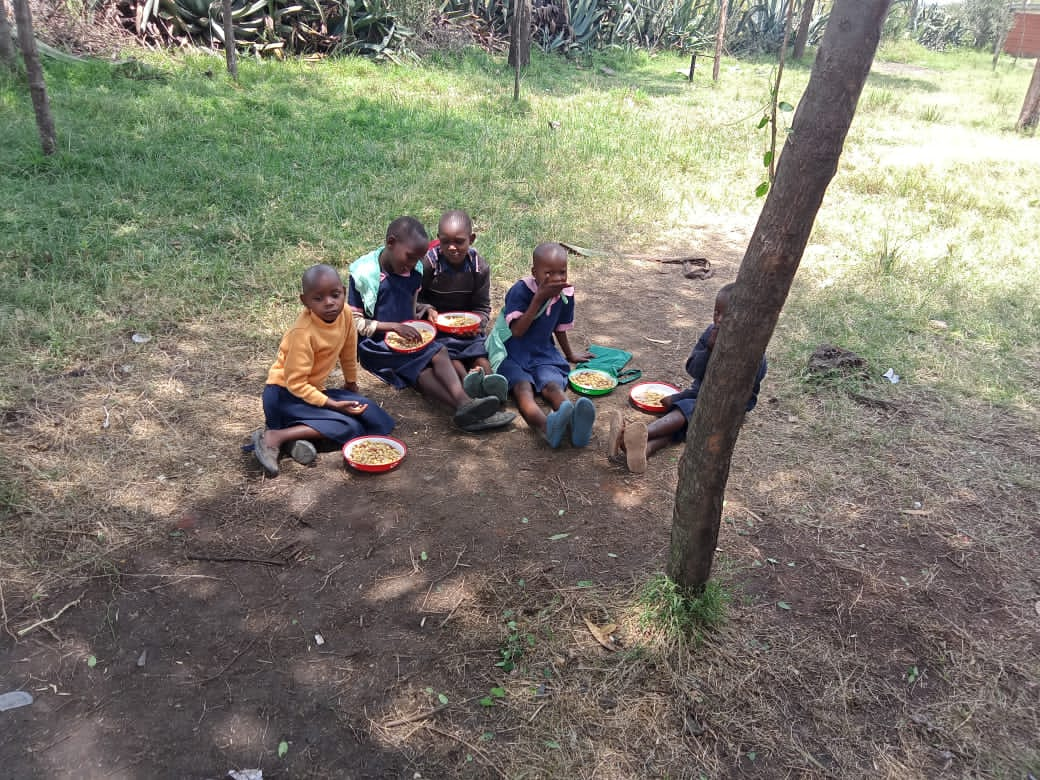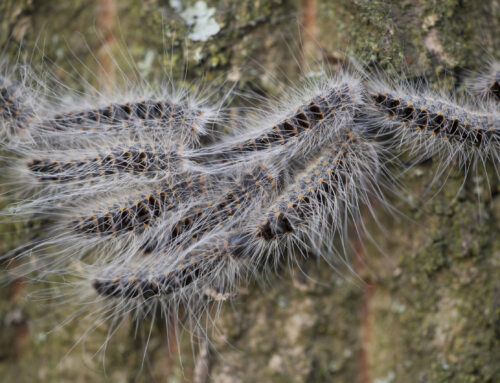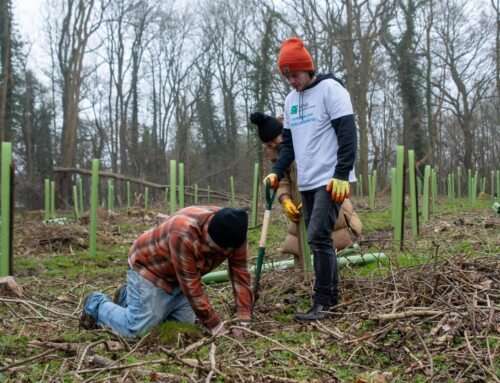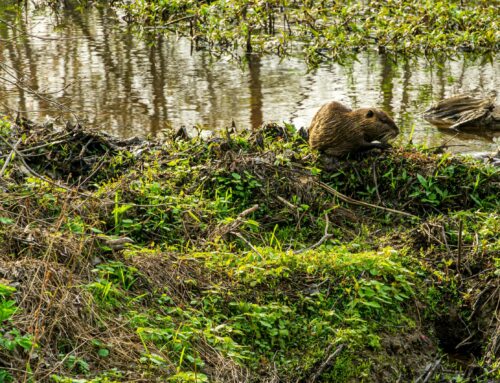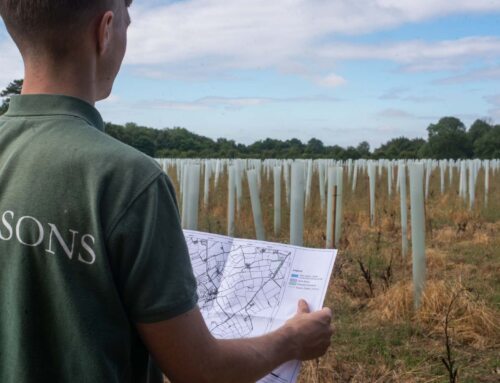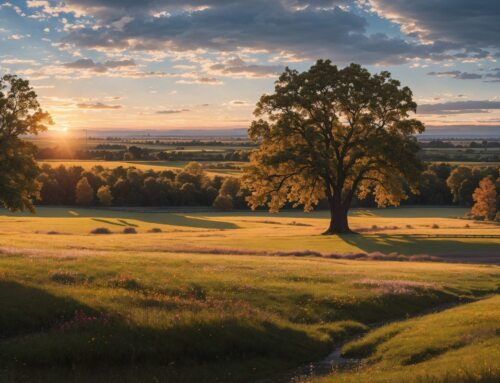Nicholsons Support Projects in the Maasai Mara
The Maasai Mara is world famous for wildlife and is a vital source of tourist income. Yet the Mara is at risk. The Mara River is affected by deforestation in its upper basin with increased run off, huge variability in flow, increased soil erosion and pollution. Surrounding landscapes are also being degraded due to over grazing, destruction of wildlife habitats and forests. Population pressure is causing unsustainable natural resource use and poor farming practices are creating increasing poverty. Women bear the brunt of the challenges, but their voices are not heard.
There is a huge need to increase the amount of tree cover in the landscape and to ensure that trees and tree products are available to every family. Households can no longer rely on natural forest as sources of fodder, fuel and medicine. Most of the remaining natural forest are in conservancies and need to be restored and enriched, not further depleted. There is tremendous scope to increase the number and quality of trees on farms and around schools and villages.
The Trees in the Wild program, set-up by Nicholsons, addresses these needs in and around the Enonkishu Conservancy. Here are some of the projects that are going on within the program.
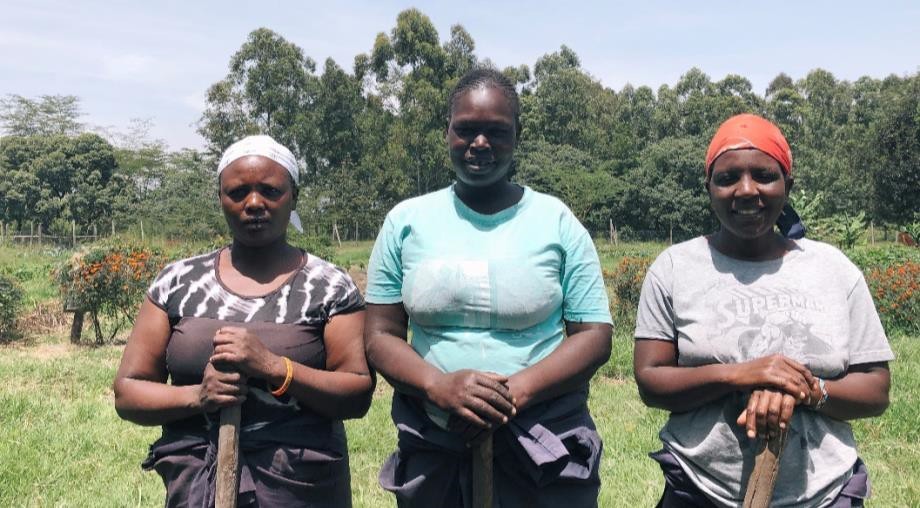
Three of the women who are currently employed as part of the Women in the Wild project
Women in the Wild
The Women in the wild project works with communities outside the Reserve and the Conservancies to support and encourage tree planting on farms and at schools. We work with women groups and stakeholders (conservancies, tourism, schools, community landowners) to understand and join local efforts to protect the Mara River and improve livelihoods. Women in the wild have established and manage a tree nursery to raise seedlings. They plant fruit, timber and firewood trees to produce fruits for family nutrition and to save precious time spent fetching firewood.
The women in the wild project worked on a plan to plant 8000 trees in various places in 2023. 3000 trees have been planted in 8 schools and more than 1000 school going children have been involved in planting and training on various activities about conservation. Rangers from Enonkishu conservancy have also played a big role. The community women have planted more than 2000 seedlings on various individual farms. Our tourist guests who come to visit the House in the wild lodge have participated by planting 300 trees at the Mara training center the wild shamba and at house in the wild lodge.
We work on a reforestation project along the Mara river, planting trees, protecting the soils and riverbanks, – in 2023 we have provided 2000 seedlings to local forest restoration individual initiatives and the home owners in Naretoi.
Agroforestry
Improving education on tree planting, sustainable farming practices – we have provided 1,000 seedlings for fruit trees to women that have been planted in individual farms. Our main fruit trees being Avocado, pawpaw, purple passion, loquat, tree tomato, mangoes, lemons etc.
This project focuses in women’s empowerment, work on improving livelihoods through alternative enterprise development, such as soap-making, candle making, bead work to name a few and community trainings towards these initiatives. We have reached out to more than 30 women and school children and trained them on these initiatives.
We encourage the women to work on other river bank restoration projects including the production of Vetiver plants bank protection and erosion control, for use in stabilizing the Mara River banks. We target eco-tourism operators to purchase this from the women’s groups.
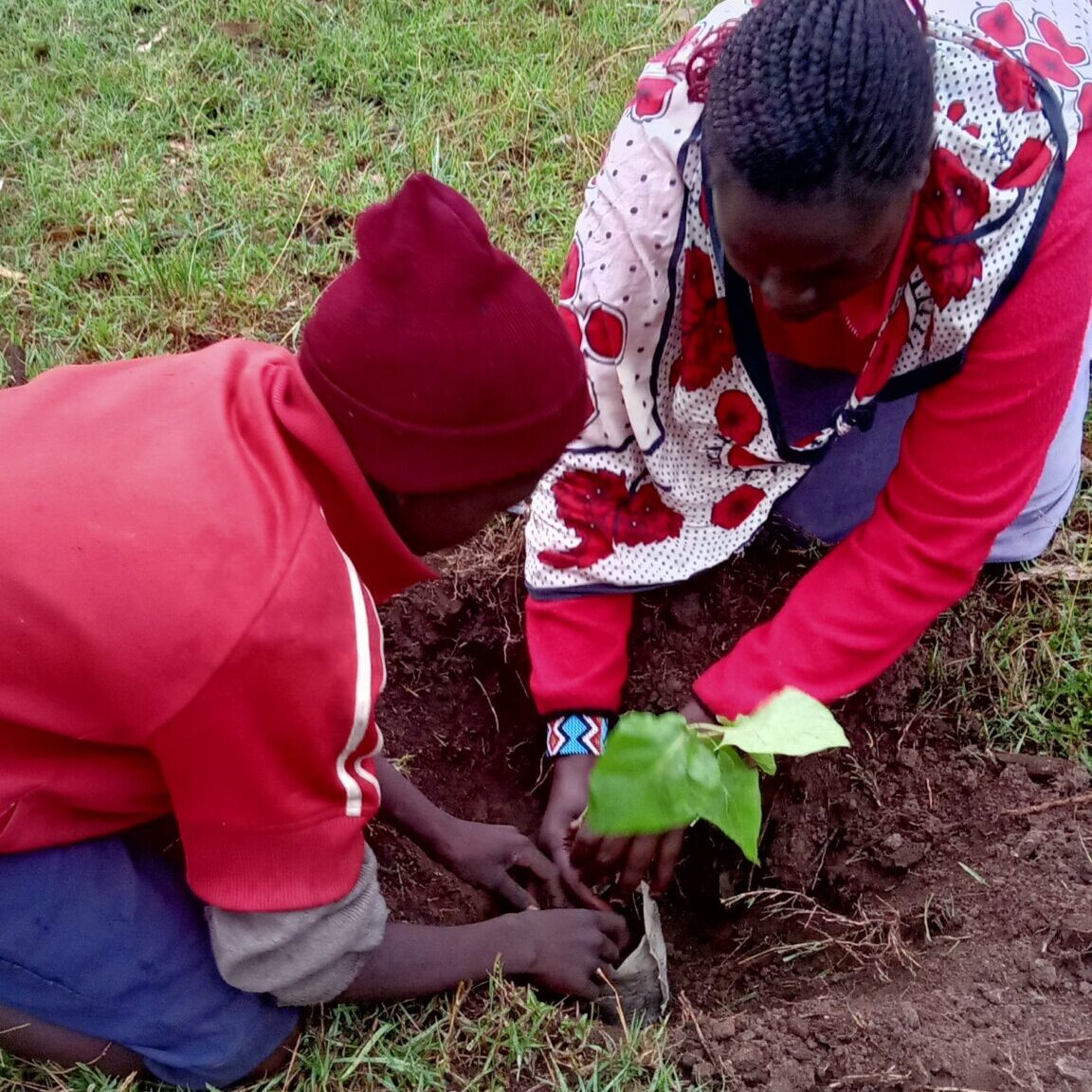
Schools’ coexistence program
Women in the wild Coexistence Program (WIW-CP), works with other partners around the area in six schools and the community women within Emarti area, to strengthen the conservation of the environment while promoting a positive coexistence of communities with wildlife. WIW-CP has identified women and schools going children as the best group to empower and break the negative imprinted ideas of the environment and wildlife. Mostly women are left at home to take care of children and teaching children about the environment can help them develop sustainable habits that are likely to stick with them as they grow up.
Our environment is constantly changing and as a community we cannot deny that fact. However, as it transforms, so does the need to become increasingly aware of the problems that surround it. With massive influx of natural disasters, warming and cooling periods, different patterns and much more, people need to be aware of the environmental problems our planet faces today.
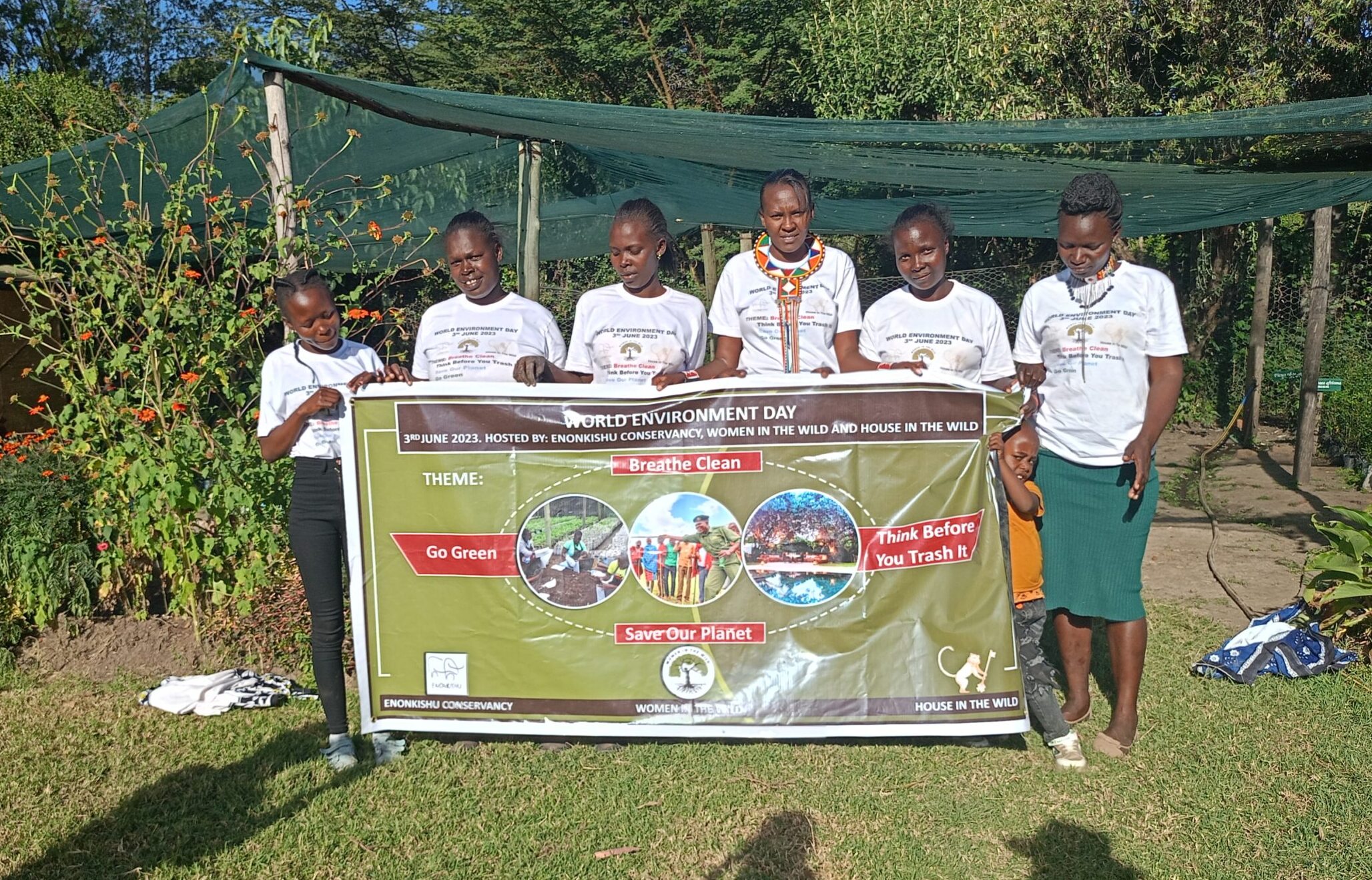
Living in a community that has experienced the current environmental problems, soil degradation (overgrazing, monoculture planting), Global warming, Overpopulation, Generation of unsustainable waste, waste disposal (use of plastics for example), Deforestation, Climate change and many others.
The community need to understand that the Great Mara is poised on the brink of severe environmental crisis. Current environmental problems make us vulnerable to disasters and tragedies now and in the future hence empowering young leaders of change with knowledge that would promote conservation, promote coexistence and community resilience are approaches that we believe can change the narrative.
Women in the Wild WIW-CP has been working with House in the wild and Enonkishu/Mbokishi conservancies and Mara Elephant project in the eight schools found around Emarti area.
Objectives
The main objectives of the conservation programs are to empower young agents of change in the matters of conservation by:
- Formation of conservation clubs that carry out activities that conserve the natural ecosystem.
- Instilling knowledge on the importance of wildlife and their coexistence within communities.
- Acknowledging champions of change and celebrating them at the end of every year and ensuring their voices are heard.
- To promote critical and creative thinking skills and inspire children to become more engaged with their communities.
- To make them more aware and conscious of the environmental problems.
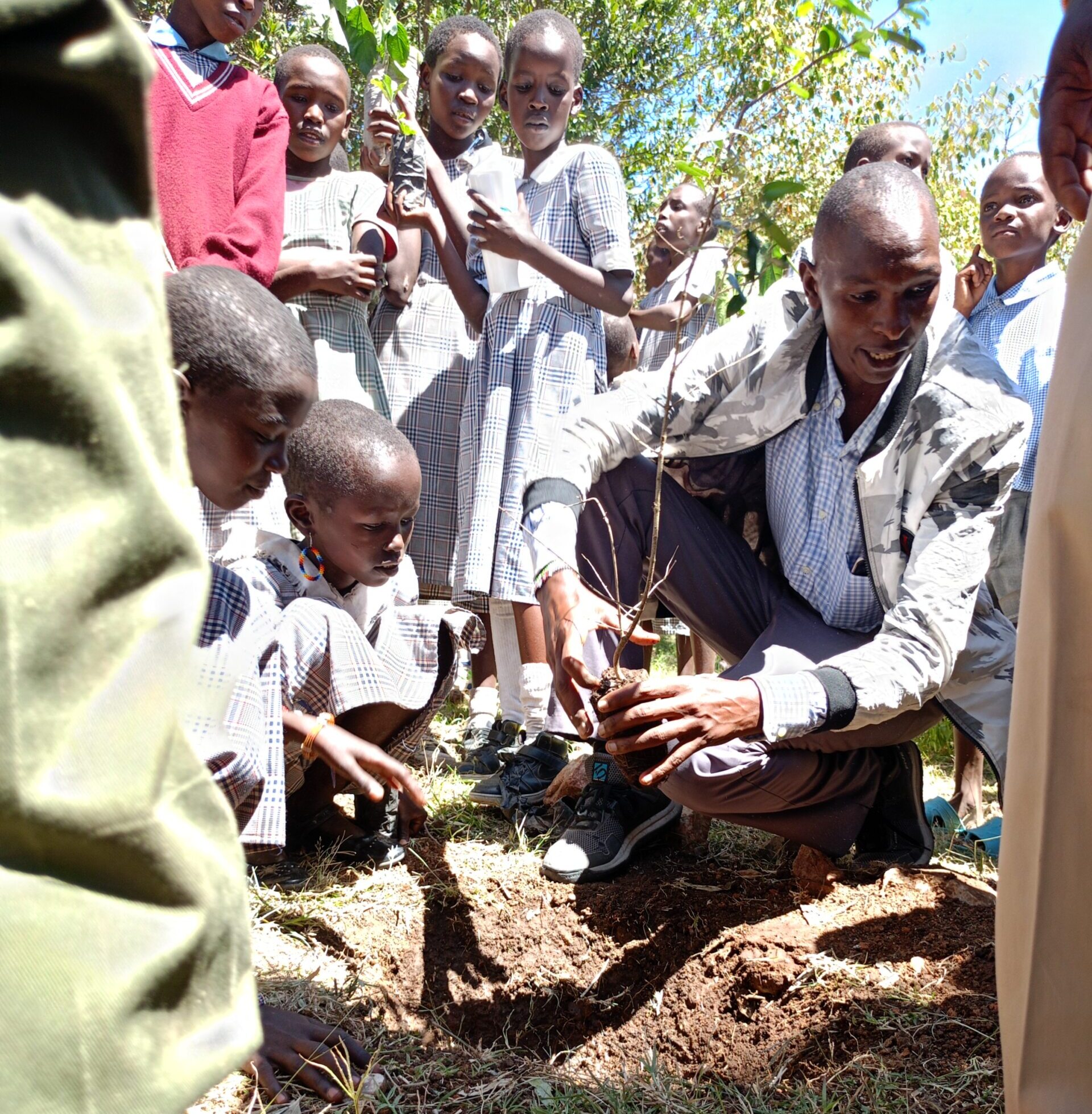
The Riverine Tree Project
The Riverine Project is a reforestation and community involvement project that is currently underway to restore degraded land along the Mara River.
The project aims to:
- Restore and protect the Mara river bank from bank erosion.
- Reduce human-wildlife conflict by creating a tree buffer which protects the community’s crops from hippos, and in turn, protects the hippos from human retaliation. Access for livestock to reach the river has been factored in and will be designed with the community.
- Reforest previously degraded areas of the riverbank, providing greater biodiversity, carbon sequestration, increased bank stability and decreased run-off.
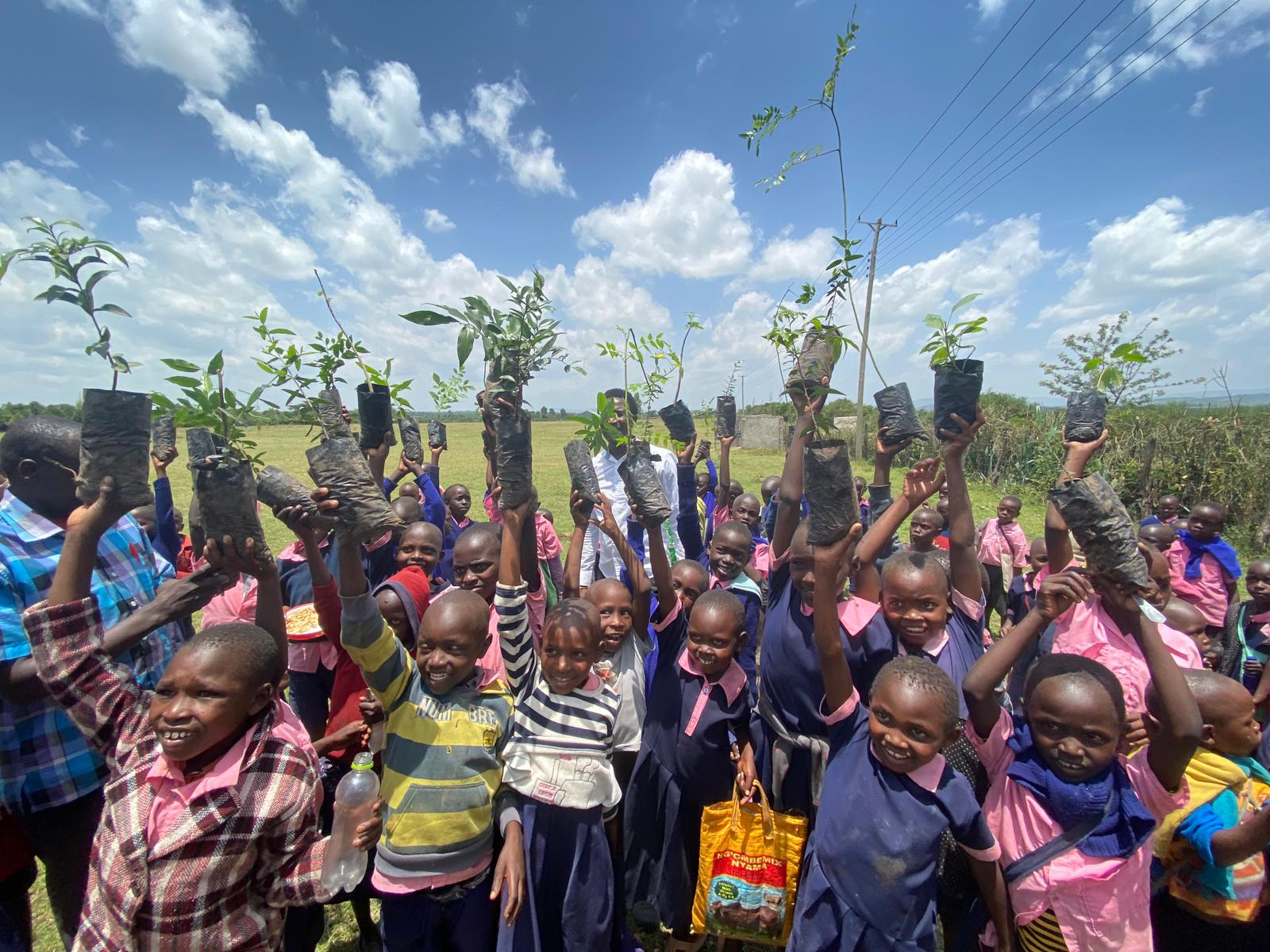
Nicholsons efforts of free school meals!
During the pandemic, travel restrictions mean it has not been possible to visit the Mara region. As a consequence, the area’s economy has suffered greatly due to a lack of tourism. Despite not being able to travel in person, we have tried to help in whatever way we can. The community primary school, Ol Meoshi, was particularly affected and was struggling to provide school lunches for their 600 pupils. Thanks to our chef’s exquisite cakes and the generosity of our customers, we were able to raise enough money to feed 600 children for a term through our various Cake fundraisers.
In reality, this is possible through the hard work of the whole of the Nicholsons Team where we have kept working outside during the pandemic, and have been able to support less fortunate communities as a result.
Over the years, we will continue to support the project remotely, and also looking to continue annual projects for Nicholsons staff. This will not only help the staff engage in the project and help in its delivery but will also give those team members an opportunity to see another country and culture. We are determined that this will be a long-term project and that we will be able to see lasting progress.
